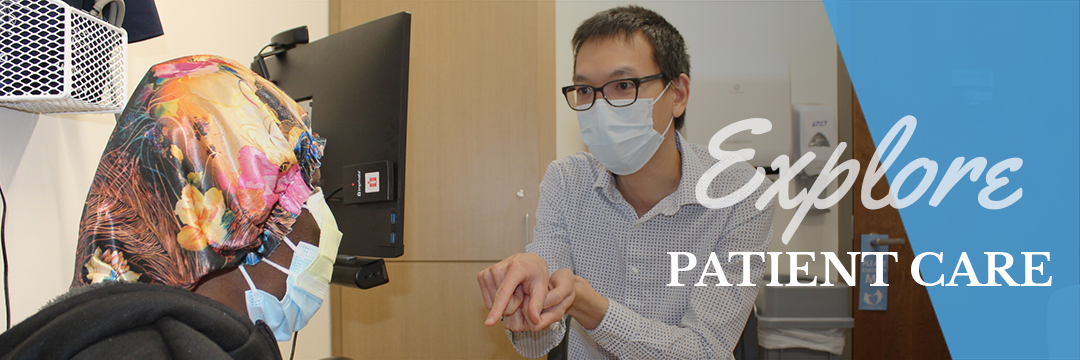OPAT

The Carolina Antimicrobial Stewardship Program (CASP) and the Outpatient Parenteral Antibiotic Therapy Program (OPAT) began in 2016 as joint programs of the UNC Medical Center Department of Pharmacy and the Divisions of Adult and Pediatric Infectious Diseases.
OPAT

UNC’s Outpatient Parenteral Antimicrobial Therapy (OPAT) program lets patients receive IV antibiotics outside the hospital in a home setting. This approach shortens or avoids hospital stays, enhances recovery, and provides high-quality, continuous care.
With personalized treatment plans and regular monitoring and collaboration with Infectious Diseases providers, OPAT allows patients to get optimal care they need in a comfortable setting.
Carolina Antimicrobial Stewardship Program

Antimicrobials are drugs that kill or prevent the growth of bacteria, viruses, fungi, or parasites. Antimicrobials can be life-saving therapies for patients with serious infections. For patients who do not have infections, antimicrobials increase the likelihood of patient harm and antimicrobial resistance. Stewardship means carefully managing a valuable, limited resource. Antimicrobials are one such resource. The goal of antimicrobial stewardship is to optimize treatment for the best possible patient outcomes while also working to preserve the usefulness of these drugs in modern medicine. Antimicrobial stewardship programs, including the Carolina Antimicrobial Stewardship Program at UNC Medical Center, help ensure patients with infections get the right diagnosis, the right drug, at the right dose, for the right duration. Antimicrobial stewardship helps patients. Doctors, pharmacists, and others work behind the scenes with care teams on:
- The most effective medicines for a patient’s condition, with the least side effects.
- The ideal length of time a patient needs to take an antimicrobial to get healthy – and nothing more. Excess treatment may lead to complications, added cost, and contribute to the drugs losing effectiveness in the future (resistance).
- The correct amount of a drug for a patient’s body and condition.
- Whether it is appropriate to receive antimicrobials by mouth instead of IV.
CASP Team
Learn more about CASP or OPAT.

